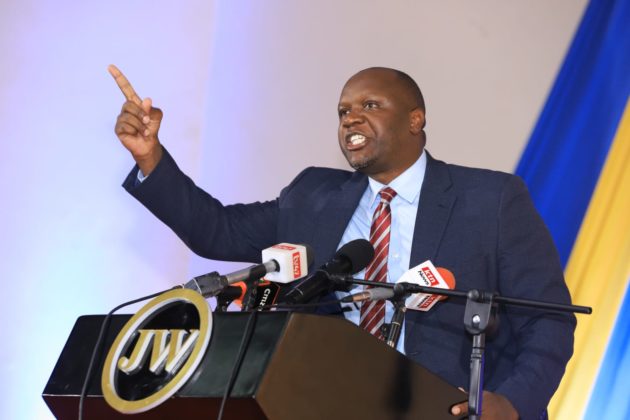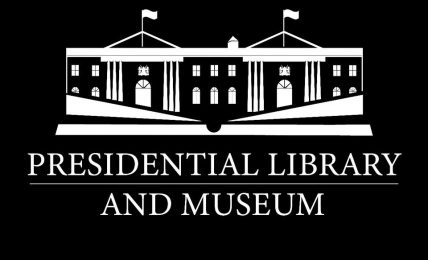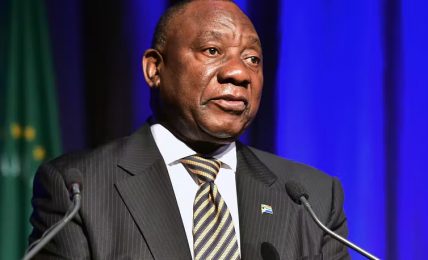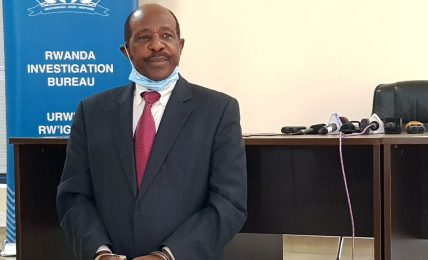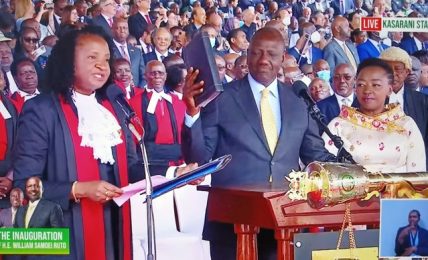Interviews: Lawyer Willis Otieno on Why Kenya Must Not Pay Illegal Debts
Lawyer and politician Willis Otieno, who was Jimmy Wanjingi’s running mate during the last presidential election, is irked about what he considers Kenya’s growing and unsustainable national debt.
